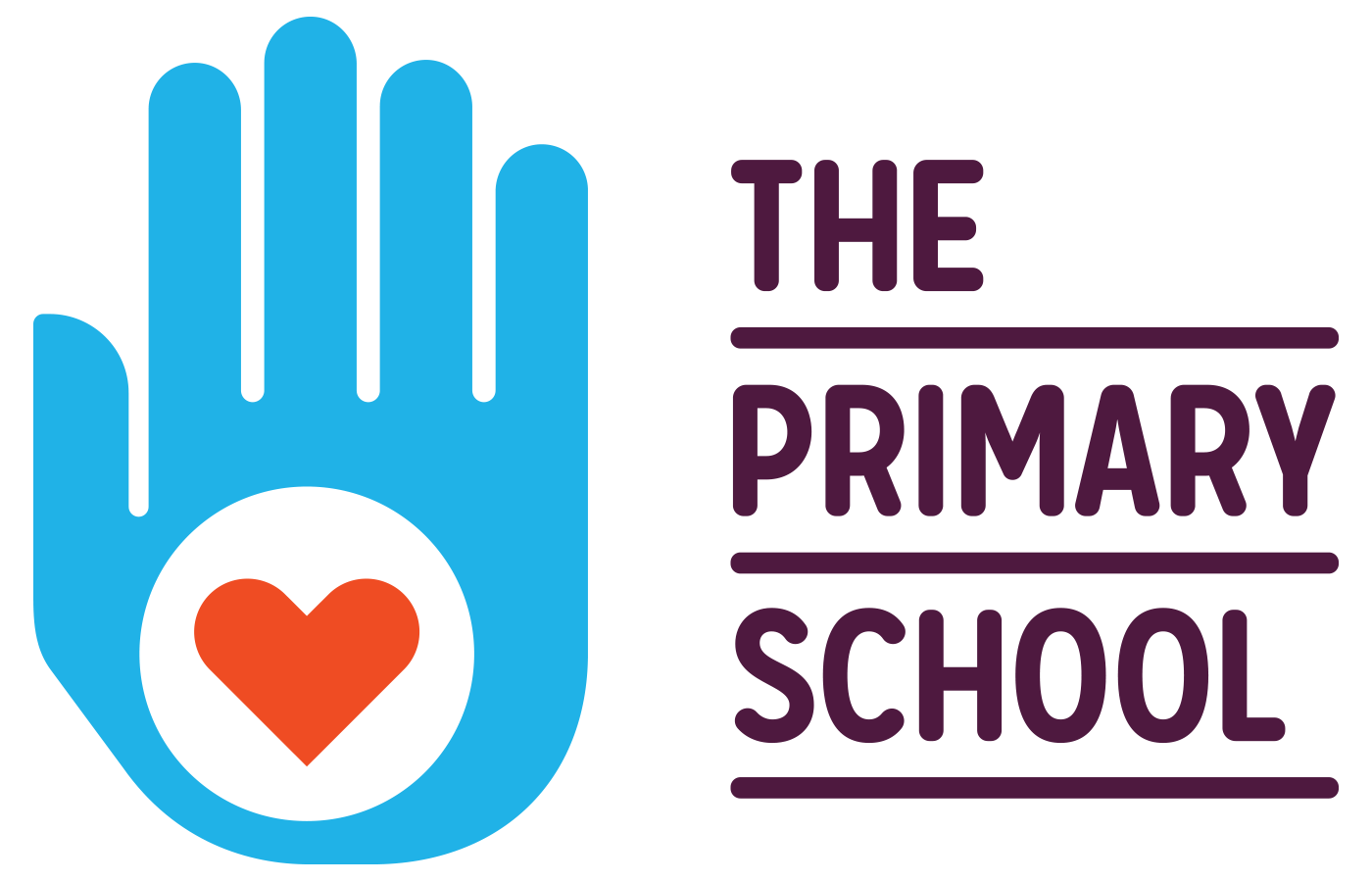Case Study: Addressing Complex Needs with Integrated Team Support
Finding the right support for a child with co-existing needs, like ADHD and anxiety, can be a long, frustrating process for families. Alongside the stress that comes with learning about new diagnoses, many parents must also juggle several specialists and health providers, which means different (and sometimes conflicting) evaluations, appointments, and recommendations. It can be especially challenging for parents who don’t speak English to navigate so many providers, all while making sure they keep asking the right questions and advocating for their child’s needs.
One of the most unique aspects of The Primary School is how we partner with families to navigate these complex systems, streamline communication across providers, and develop a cohesive support plan. This is not easy or straightforward work; it takes time and patience on the part of both families and staff.
This case study illustrates just that: how several members of our team worked with one of our students and his family to navigate unclear diagnoses, medication management, and assessments from different mental and behavioral support systems. Ultimately, as we’ve seen in so many cases, being able to provide clear and streamlined communication among several different providers was the key to success.
(The student’s name has been changed to protect their identity.)
BACKGROUND
About the Student:
Alonso is a caring, confident, and funny seven year old who sometimes has trouble communicating and engaging with classroom activities. Alongside his strengths, his teachers noticed that he occasionally displayed withdrawn and aggressive behaviors as well as sensitivity to loud noises. Alonso also struggled with retaining information and mastering academic basics. Multiple assessments and professional observations identified potential mental and behavioral health concerns.
About the Family:
Alonso’s family is very close-knit, understanding, and warm. They like to spend time together, particularly when they can enjoy the outdoors on camping trips. Since Alonso’s parents do not speak English, it can be hard to navigate public systems and properly advocate for their children. His parents have also faced other stressful and challenging situations with immigration, mental health, and job security.
APPROACHES
Through multiple meetings, our teachers, parent wellness coach, special education team, and integrated school nurse came together with Alonso’s parents to create action plans that could support Alonso’s learning, growth, and mental health needs.
Parent Program: Our parent wellness coach frequently checked in with Alonso’s mom to validate her frustrations with navigating the health care system and encourage her to advocate for what she believes is best for her son. Our parent coach also helped Alonso’s mom stay in contact with our school team and set self-identified goals to better understand her son’s needs and learn how to communicate those needs with different systems of support.
Health Team: Our integrated school nurse was an integral part of providing regular updates to Alonso’s primary care provider and educating his parents about Applied Behavior Analysis (ABA), which is a form of therapy used to improve specific behaviors. The Health Integration team has been vital in helping with communication among the parent, psychiatrist, primary care provider, and school staff. The health team also supported setting up meetings for coordinated and ongoing supports.
School team: Our special education team helped Alonso improve his speech, language, and problem-solving skills as well as developing routines, such as brushing his teeth. Alonso’s classroom teachers kept track of Alonso’s progress and kept his parents, parent wellness coach, and integrated school nurse informed of any incidents that occured in the classroom so supports could continue to evolve to better meet Alonso’s needs.
IMPACT
Over the past few years, therapeutic interventions have improved Alonso’s anxiety and ADHD so that in the classroom he could make great progress with self-regulation, safety, language skills, and understanding of his own body. The ability for the school team, Alonso’s psychiatrist, primary care provider, and home therapist to have regular communication has made a big difference in finding the right therapies. With the right supports, we know that Alonso will continue to grow in the coming years.
“Con las personas de la escuela, yo siempre me he sentido apoyada y siento que todos lo apoyan y lo quieren, eso me ha ayudado mucho a mi también.” - Alonso’s mom
"With the people at school, I have always felt supported and I feel that everyone supports and loves him, that has helped me a lot too." - Alonso’s mom
LESSONS LEARNED
Relationships: Strong, stable relationships with several team members at The Primary School were core to supporting Alonso’s mood and anxiety.
Social-Emotional Development: Our team’s commitment to supporting Alonso’s social-emotional development was foundational to supporting his immediate needs and long-term growth.
Power of the Team: Supporting complex needs like Alonso’s is only possible when people who see Alonso’s needs from different viewpoints can come together to create a fuller picture and share progress, updates, and information.
Clear Communication: The path forward isn’t always clear cut, particularly when a student has unclear diagnoses because of several different, related needs. Facilitating conversations and regular communication among specialists, parents, and our staff is the most important role we can play to make progress and support the student.
